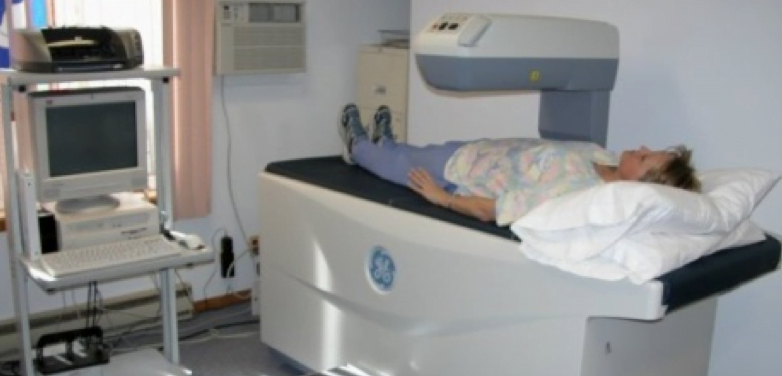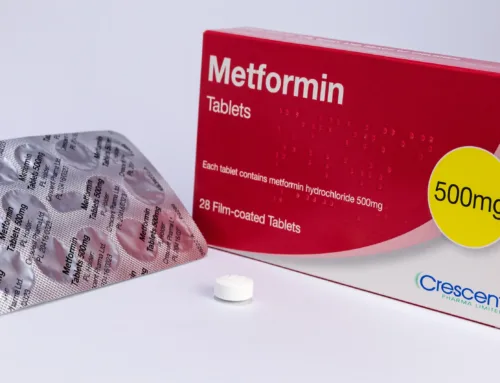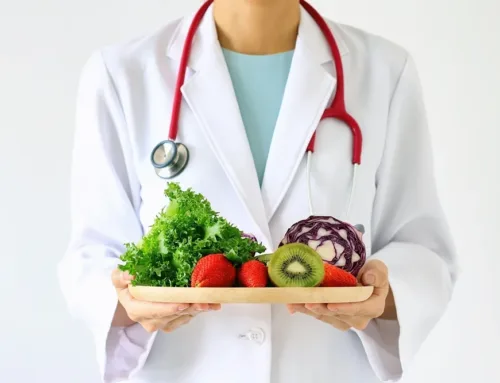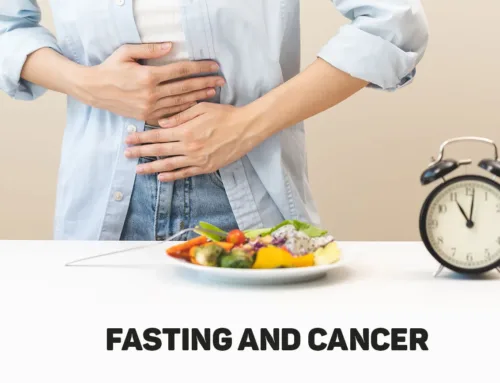Why a healthy gut can reduce side effects and improve outcomes
Enhancing and protecting the gut microbiome is one of the most important self-help strategies people can do during cancer treatments to reduce side effects and enhance effectiveness. Despite the overwhelming body of evidence to support this, many patients are sadly still told by their oncology team to actually avoid fermented foods and probiotics – the opposite advice!

How to help your gut?
Many cancer centres such as Memorial Sloane Kettering recommend a range of safe lifestyle and nutritional strategies to improve gut health during chemotherapy, radiotherapy, hormone therapies and immunotherapies. These include
- increasing the intake of fermented foods such as kimchi and kefir
- stopping smoking and exercising more
- eating more fibres in beans, vegetables, mushrooms,
- eating more prebiotic phytochemicals,
- trying to get a good nights sleep
- reducing processed sugar intake..read more
.
The role for probiotics supplements
Chemotherapy: On top of these practical measures, a number of placebo-controlled randomised trials have also shown that certain lactobacillus probiotics capsules can further reduce chemotherapy induced diarrhoea particularly from fluorouracil and irinotecan agents although they are likely to help with others. A recent summary (systemic review) of 20 studies showed that lactobacillus probiotics are very safe during chemotherapy. In this review, 17 of the studies revealed that probiotics reduced the incidence of treatment-related side effects in oncology patients, whilst only 3 reported no impact in their findings – N0 study reported any harm… read more. In particular lactobacillus during chemotherapy:
- Reduced chemo brain
- lowered the risk of neutropenia
- prevented diarrhoea and gut issues
Not all probiotics are safe during cancer treatments. The safest varieties are lactobacillus, which also have the most evidence of benefit. Try to pick a blend which as been evaluate din medical studies so has a high level of quality assurance – For example yourgutplus.
Hormonal therapies such as tamoxifen, aromatase inhibitors in women and ADT in men can adversely affect gut health which in the longer term contributes to menopausal symptoms, metabolic syndrome, arthralgia, cognitive impairment and osteoporosis. Dietary measure to maintain or restore gut health would be very sensible and some studies are showing that probiotic supplements may have an additional role...more

Radiotherapy: Several well-conducted trials have demonstrated that probiotics can help prevent radiation bowel damage, oral mucosities, secondat candida infection and aid recovery after radiotherapy...more .
Prostate Cancer: Laboratory models have shown that altering the gut microbiome can slow prostate cancer (CaP) progression [Pernigoni]. In men with CaP, lower levels of gut lactobacillus strains have been linked with a higher rate of prostate cancer and biochemical recurrence [Kim]. Most importantly, a recent double blind RCT found that an intervention with the lactobacillus, inulin and vitamin D capsule called Yourgutplus significantly slowed CaP progression in men compared to placebo especially it combined with the supplement YourPhyto which contained 6 phytochemical rich foods [Thomas].
References:
Li et al `systemic review of probiotics and chemotherapy Journal of Advanced ResearchVolume 64, 2024, 223-235
Masaaki et RCT neo-adjuvant chemotherapy oesophageal cancer Clinical Nutrition 36, 1, 2017, 93-99
Juan Z, et al. Probiotics reduce chemo-related cognitive impairment in women with breast cancer: a randomised, double-blind, placebo-controlled trial. Eur J Cancer. 2022 ;161:10-22.
Rodriguez-Arrastia M, et al Probiotic Supplements on Oncology Patients’ Treatment-Related Side Effects: A Systematic Review of Randomized Controlled Trials. Int J Environ Res Public Health. 2021 17;18(8):4265. doi: 10.3390/ijerph18084265. PMID: 33920572; PMCID: PMC8074215.
Feng TY, et al. Reciprocal Interactions Between the Gut Microbiome and Mammary Tissue Mast Cells Promote Metastatic Dissemination of HR+ Breast Tumours. Cancer Immunol Res. 2022 Nov 2;10(11):1309-1325. doi: 10.1158/2326-6066.CIR-21-1120. PMID: 36040846; PMCID: PMC9633553.
Pernigoni N et al. Commensal bacteria promote endocrine resistance in prostate cancer through androgen biosynthesis. Science. 2021 Oct 8; 374(6564):216-224. doi: 10.1126/science.abf8403. Epub 2021 Oct 7. PMID: 34618582.
Thomas R, Kenfiled S, Newton R et al. Gut health and prostate cancer: The influence of a specific phytochemical-rich food capsule plus or minus a probiotic/prebiotic blend on symptoms and progression—A randomised, double-blind placebo-controlled trial. 2025. https://ascopubs.org/doi/10.1200/JCO.2025.43.5_suppl.311
Kim JH, et al. Biochemical Recurrence in Prostate Cancer Is Associated with the Composition of Lactobacillus: Microbiome Analysis of Prostatic Tissue. Int J Mol Sci. 2023 Jun 21;24(13):10423. doi: 10.3390/ijms241310423.
López-Gómez L, et al. Probiotics and Probiotic-like Agents against Chemotherapy-Induced Intestinal Mucositis: A Narrative Review. J Pers Med. 2023 Oct 12;13(10):1487. doi: 10.3390/jpm13101487.
Mego et al. Probiotic bacteria in cancer patients undergoing chemotherapy and radiation therapy, Complementary Therapies in Medicine,. Volume 21, Issue 6,
2013, https://doi.org/10.1016/j.ctim.2013.08.018.







I placed an order on 7th Jan (£38.25 – Amex) and was concerned that it had yet to be delivered. My Amex app included a phone number which I ‘dialled’ and found myself on the personal phone of the Professor involved in the original research on phytochemicals and prostate cancer.
He will no doubt contact you to sort that out.
I would appreciate some indication of a delivery date.
Thanks.
Hello
Thanks for the email. Although we are impressed with the scientific data around this products, we have nothing to do do with their sales – I suggest you contact the company you bought them from